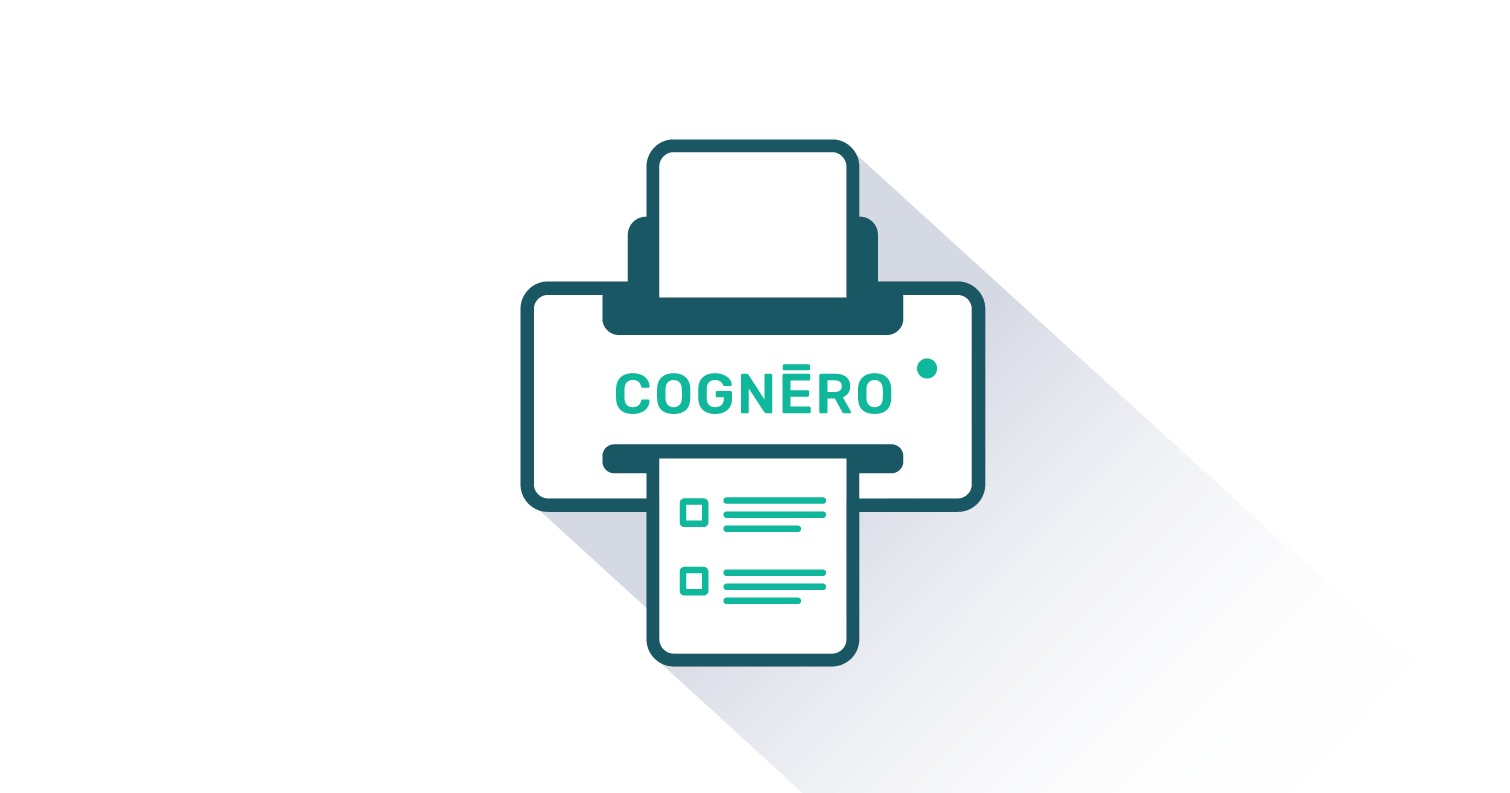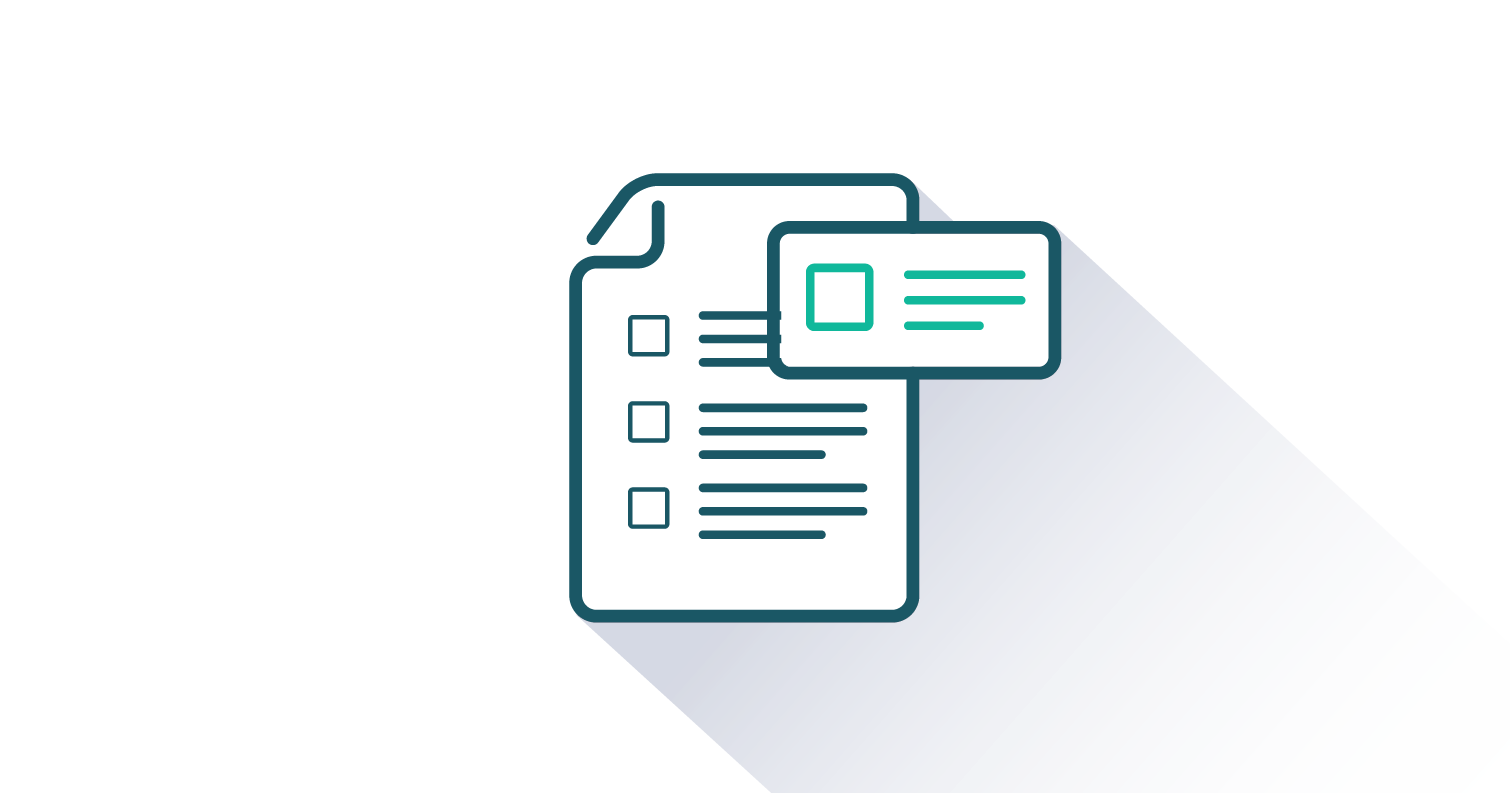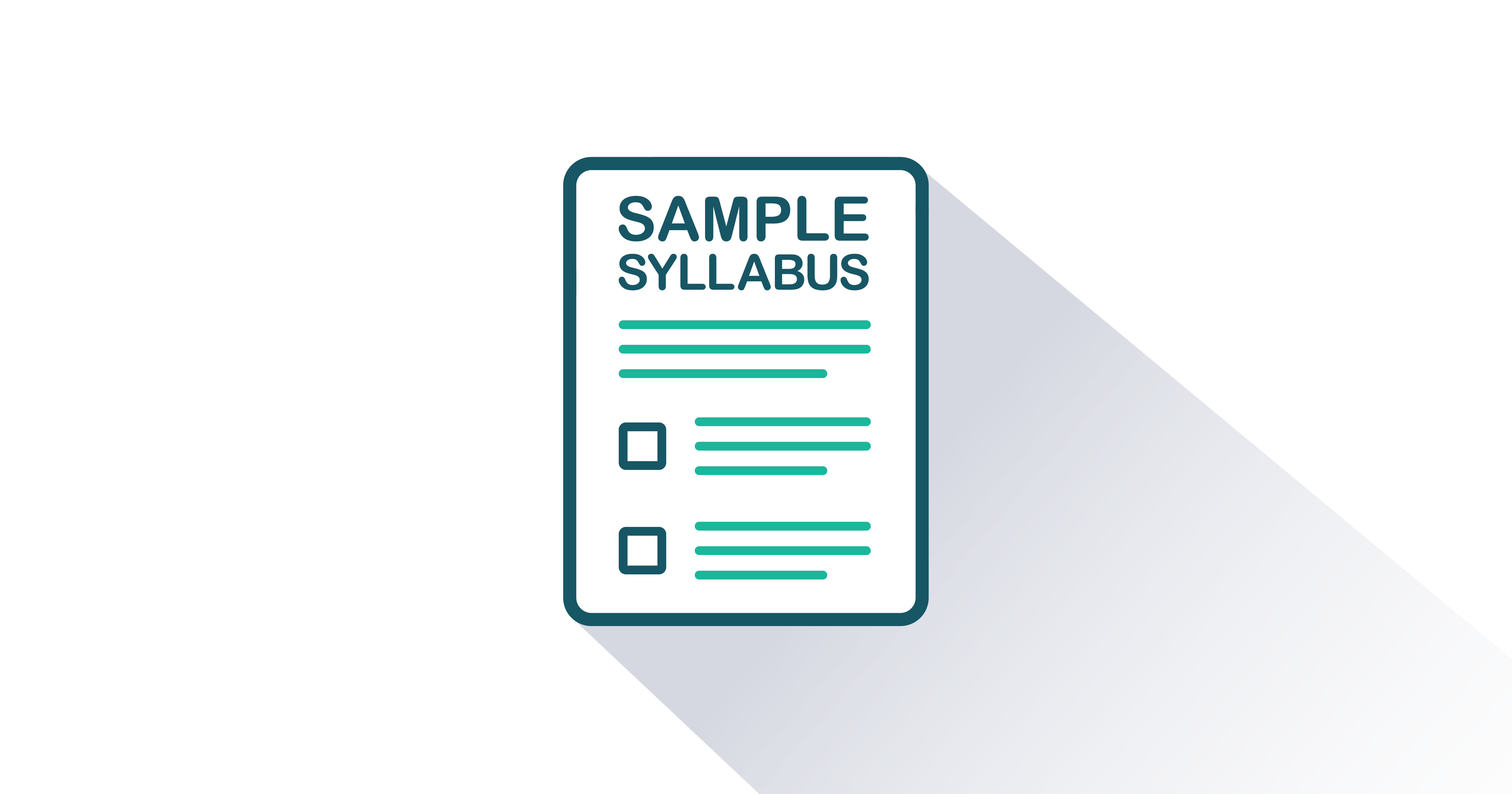John Gallaugher Boston College
John Gallaugher (PhD Syracuse University School of Management) is the founder of the Boston College TechTrek field study programs, and as an advisor to multiple successful student entrepreneurs, John has had unprecedented access to the world’s leading technology and tech investment firms. An award-winning educator and author, John has been named a "Distinguished Educator" by Apple Inc., a "Most Popular Professor" by Bloomberg Businessweek, and “Guru to Grads” by Entrepreneur Magazine. He has also received the Boston College Trzaska Faculty Leadership Award, the all-university Boston College Teaching Award, the Carroll School of Management Teaching Award, and the student newspaper’s Momentum Award for campus impact. His bestselling textbook Information Systems: A Manager's Guide to Harnessing Technology has been used at over 450 universities worldwide, and has twice won the Textbook and Academic Authors' Association "Texty" award for excellence. John has taught on five continents and has led field study experiences in Seattle, San Francisco/Silicon Valley, Boston, New York, Dublin, Ghana, and Sydney. John’s research has been published in leading journals including the MIS Quarterly and Harvard Business Review, and he has consulted for leading organizations including Apple Inc., Accenture, ING, Partners Healthcare, State Street, and the U.S. Information Agency, among others. John has worked extensively with student entrepreneurs and has seen several former students gain admittance to elite accelerators (Y-Combinator, TechStars, MassChallenge), raise capital, and build thriving businesses, with some garnering unicorn ($1 billion plus) valuations. His comments on Business and Technology have appeared in several media outlets, including The New York Times, BusinessWeek, The Associated Press, National Public Radio, and Wired. One of the rare academics who teaches managerial as well as software and hardware programming courses, you can find hundreds of "flipped learning" and project videos at: YouTube.com/profgallaugher. John holds both a BA in Computer Science and an MBA from Boston College, and a PhD in Information Systems from the Syracuse University School of Management. He occasionally publishes on Substack (http://profgallaugher.substack.com) and is also active on social media—having left X for Threads: @john.gallaugher.









